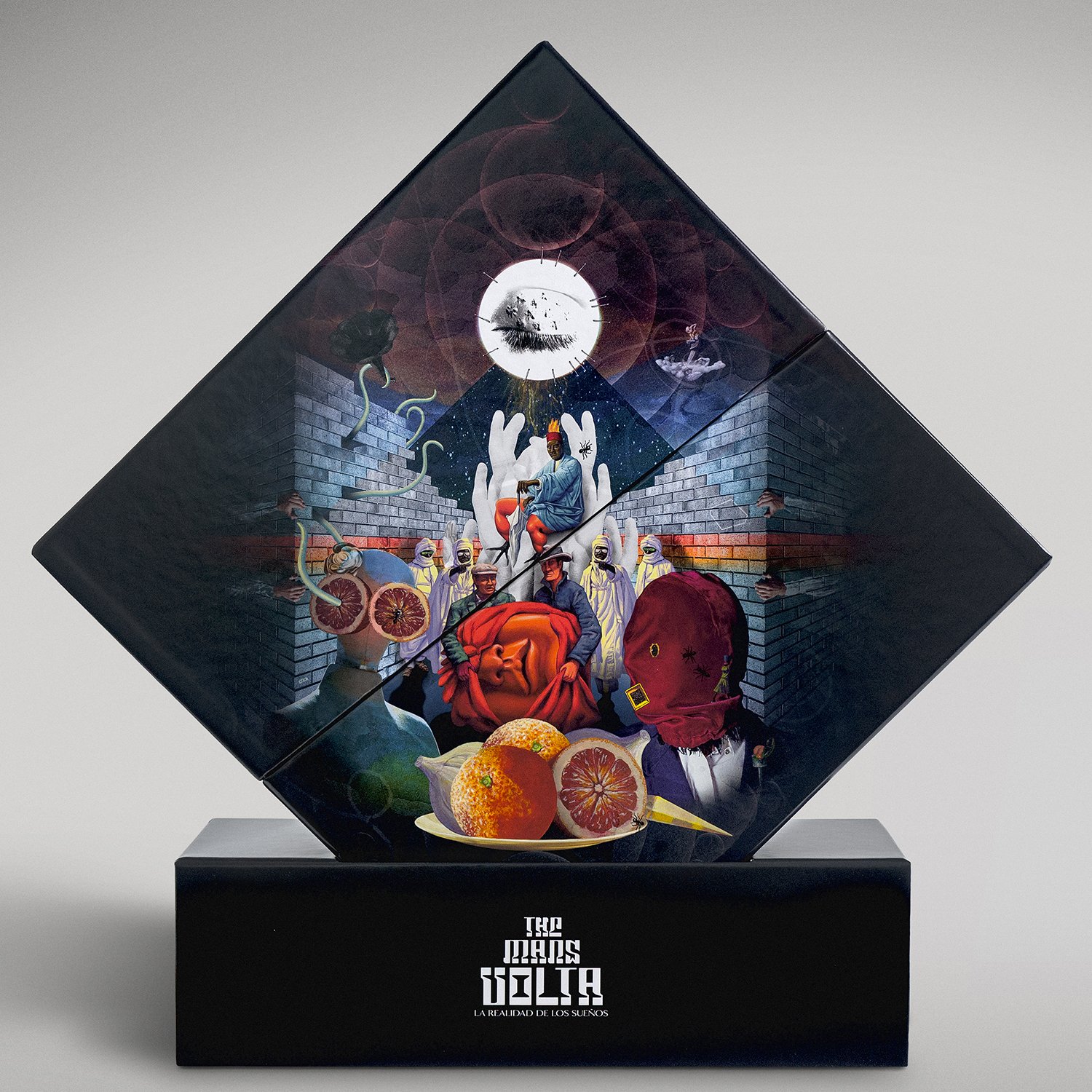Now I’ve got your attention, let me clarify what I mean by that statement, because clearly, Music Catalogue is not bollocks. In fact, far from it, with almost all record companies now deriving upwards of 75% of their total annual revenue from Catalogue it’s arguably, everything. Just think how that has flipped a long-held paradigm in the industry.
created by Pozzoli S.p.A
So, what exactly is bollocks about Catalogue then? Well, the issue is the word and the way that catalogue has been viewed within the traditional record company structure. But for today, let’s just address that word, or to be more accurate, that ‘label’.
“NO ONE IN THE REAL WORLD THINKS OF MUSIC AS CATALOGUE OR FRONTLINE”
Absolutely no one in the REAL WORLD (in caps, because lest we forget, in the music business we don’t work in the real world), uses the term, or thinks of music as Catalogue or Frontline. ‘Hang on, hang on’ I hear you shout; ‘but some do use the term ‘new music’! Yes, I can’t deny that, but they’re not always using that term to describe what you are talking about, dear music biz professional. Sometimes they’re ‘consciously’ referring to something else and more often ‘subconsciously’ labelling something completely different as ‘new’.
contemporary and relevant to their life at that point of discovery
I first want to take you back dear reader, to past work the team has done with legends like Zeppelin, Floyd, Bowie, Prince et al. Despite a few nuanced project objectives for each artist project, they usually boiled down to two requests:
1. where are the original fans and what are their attitudes, behaviours and values today?
2. can we contemporize the artist for a new audience?
As a quick aside, I’ll also point out that the answer to b) is almost always, YES and we’ve successfully identified multiple ways of doing just that. But hey, if you want to know more about that, you’ll need to come behind the ‘pay-wall’ as they say. Just email us.
created by Pozzoli S.p.A for The Mars Volta
The insight that we discovered working with many artists like these is that new audiences, (meaning those newly discovering the artists music), will consider these ‘Catalogue’ artists as ‘new music’ at the point that they discover them. Consciously labelling or subconsciously perceiving the ‘catalogue’ music as…you guessed it…‘new music’. And this is always the way with younger audiences, those that weren’t there at the time. A 14-year-old discovering Monkey Gone To Heaven or Waterloo Sunset or Policy of Truth for the first time, consider those tracks ‘new music’, that's contemporary and relevant to their life at that point of discovery, in that very moment.
“A 14-year-old discovering Monkey Gone To Heaven or Waterloo Sunset or Policy of Truth for the first time, consider those tracks ‘new music’, contemporary and relevant at the point of discovery.”
So that's great news as it should open up fantastic opportunities for these established artists. Yes, but no amount of transactional (WHAT) data or any ‘silver bullet’ App is going to be able to explain the parameters of that contemporisation. Don’t get me wrong, there are some fantastic moves already being made, some that I’m proud to say we’ve been involved in, but there’s still so much more opportunity which just isn’t being realised.

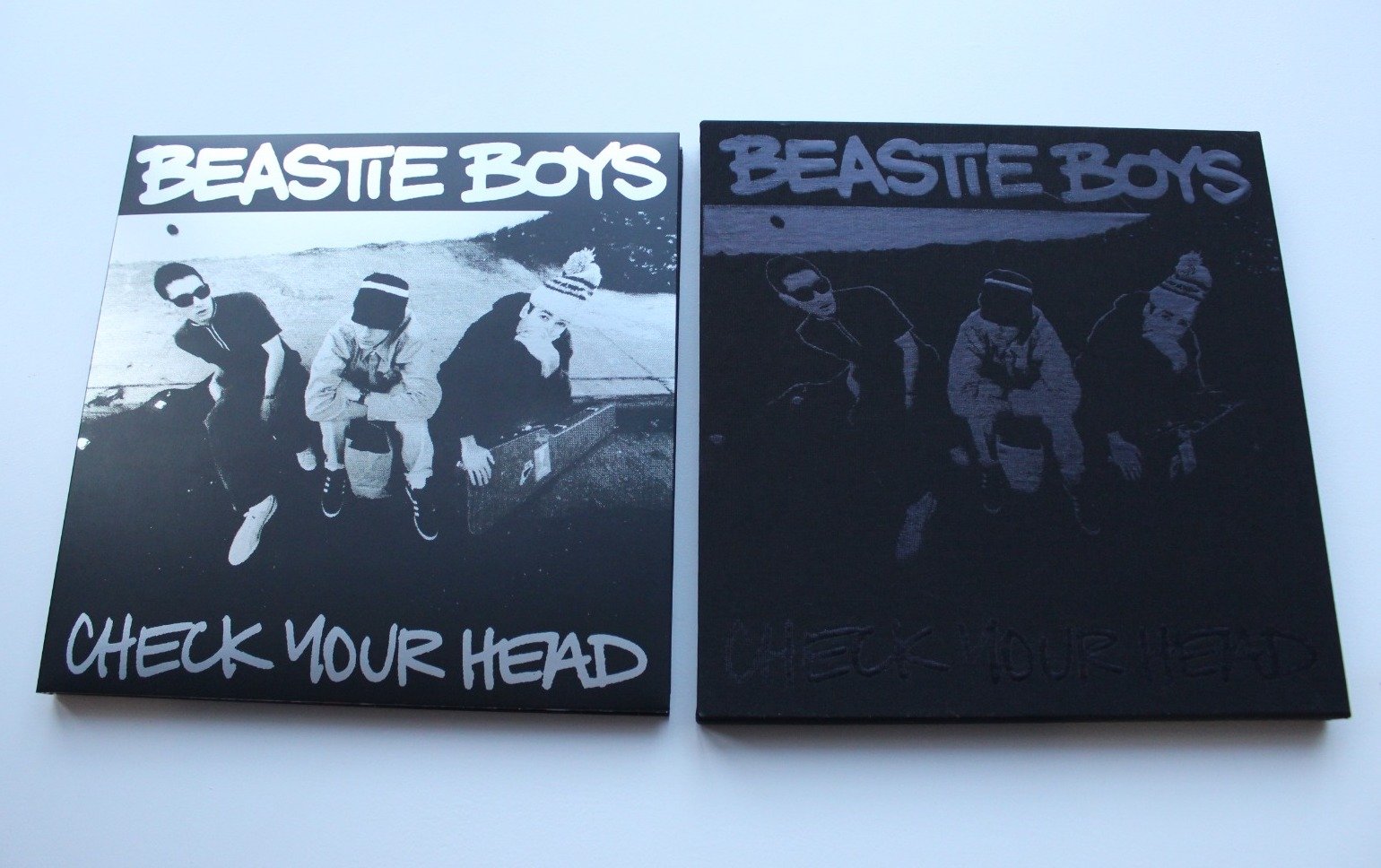



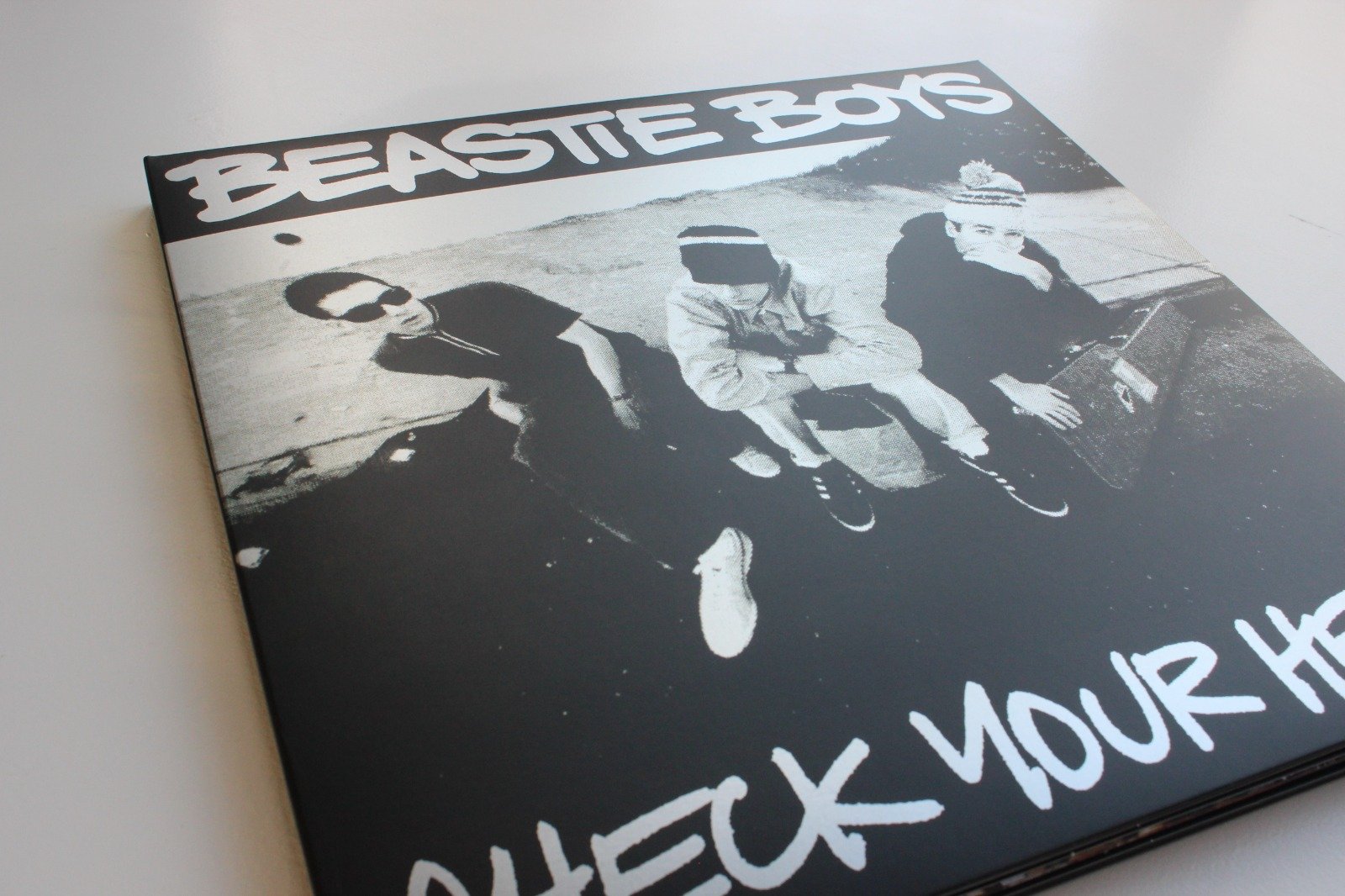


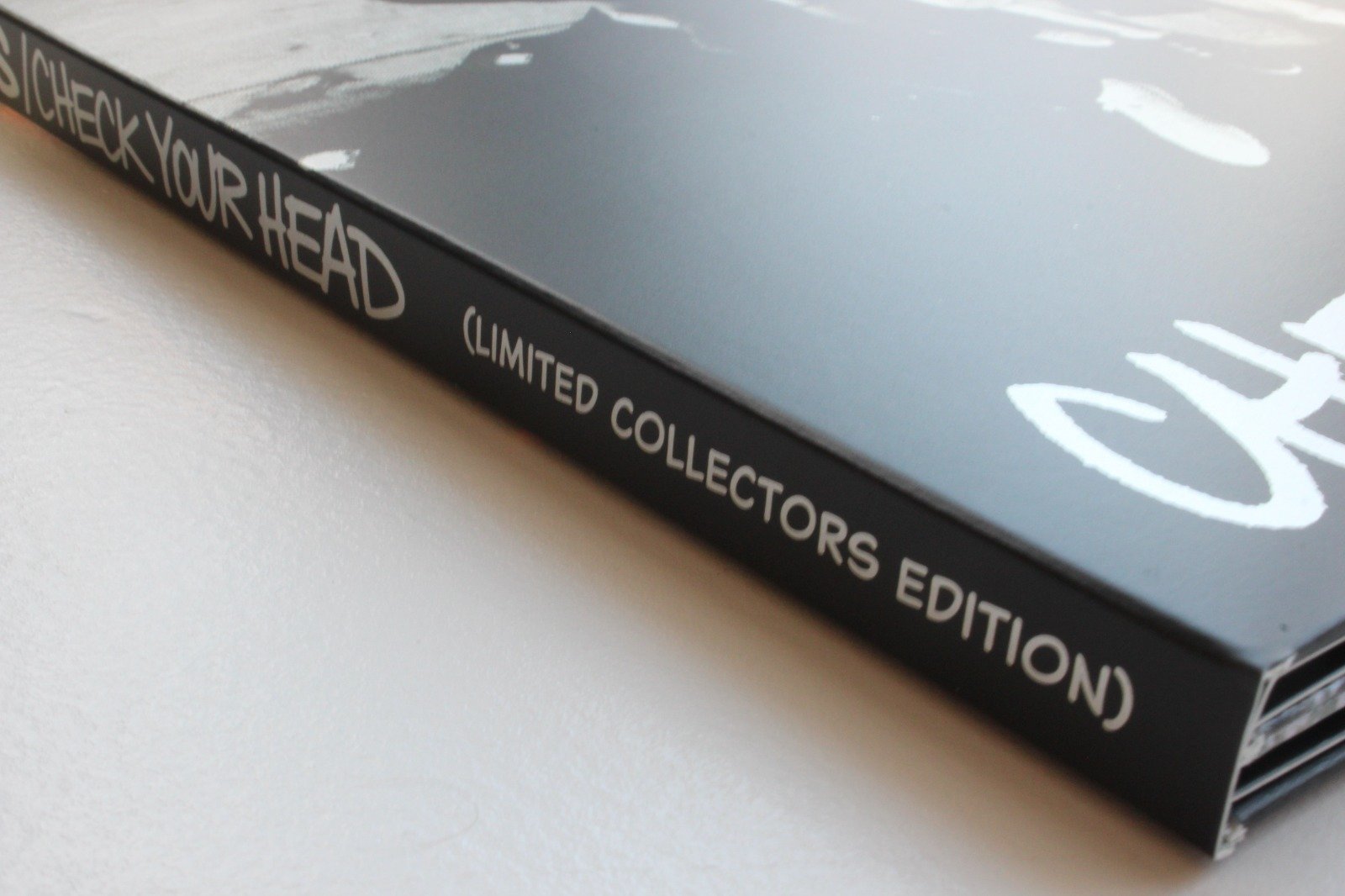

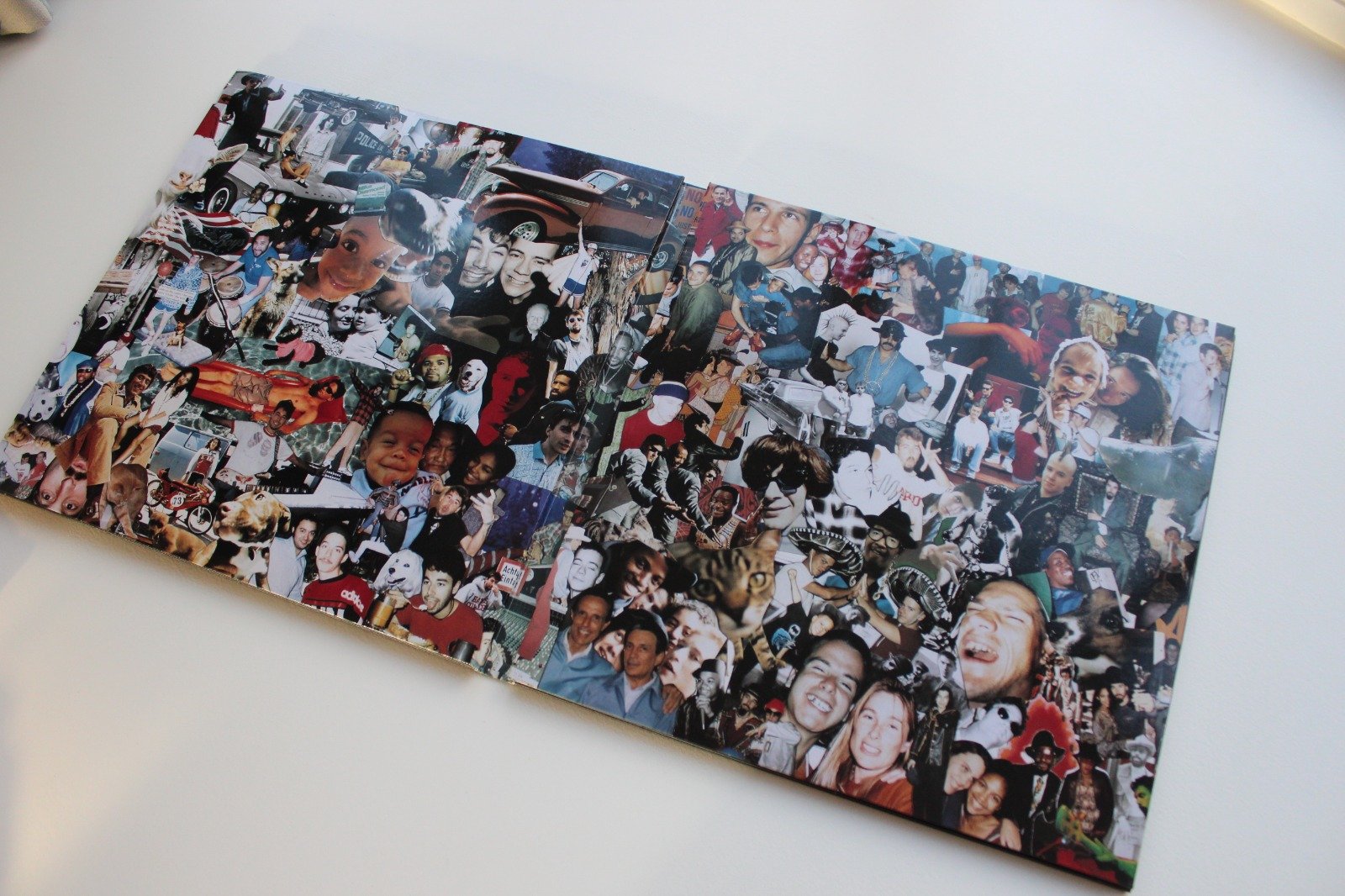


Historically Catalogue wasn’t sexy enough for senior management. The extraordinarily knowledgeable and talented people that tended, protected and developed these treasures were pushed to the darker recesses of the building, and frankly not supported. Ironically, now Catalogue’s ‘keeping the lights on’, these talented people in Catalogue (those that are left) are being asked to deliver more…but with less.
“there’s more opportunity within the fan eco-system for Catalogue artists, than Frontline.”
Recently, The Superfan Formula (December 6th) introduced the fan eco-system and the opportunities within. Arguably, there’s more opportunity within the fan eco-system for Catalogue artists, than Frontline. However, to realise those opportunities to their fullest means going beyond the traditional record company cycle of reissues, a boxset here, a synch there and requires:
A collection of additive skills, knowledge, contacts not customary to a record company
Time and long-term strategic thinking
Sway beyond recorded rights
Holistic, connected activation.
Of course, before all that, one needs that thorough understanding of that contemporised relevance we talked about. A relevance wedded in a unique mixture of beliefs, emotions and behaviour. That's never going to be explained by the torrent of WHAT data music companies are drowning in, or some ‘silver bullet’ App. That can only come from WHY data.
Over the coming weeks, we’ll aim to discuss further and highlight great practice in this area. But if you’re impatient and eager to learn more now, then get in contact.
Till next time mon ami
P



